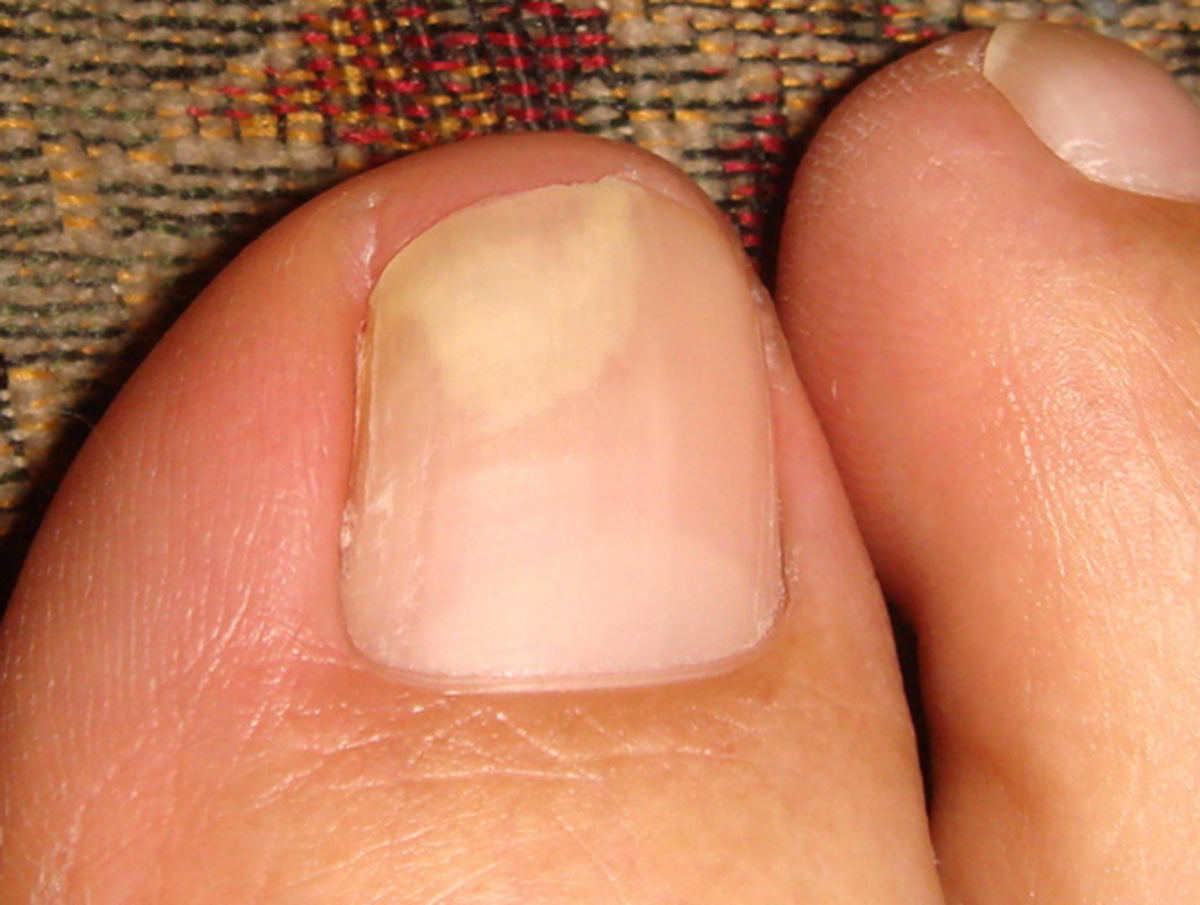How to Stay Healthy at Home During Lock Down
Staying healthy at home

How to stay healthy at home
The last few days have been a whirlwind. As all of us are dealing with the global crisis arising out of Covid19. With more than half of humanity under a state of lock down, for the first time in our life we are faced with such a drastic change in our lifestyle that comes with staying at home.
Stuck at home for our as well as our community’s safety, it is one of the most important aspect of fighting Coronavirus. Our fast paced lifestyle has come to a standstill and we are realizing that without going outdoors, staying healthy at home can be tough. We are tempted to not exercise, eat more and not move around much. But with the viral outbreak, being healthy is our topmost priority.
So if you are not sure how to stay healthy at home then read on to find out many simple things you can do for your wellbeing. Make good use of this time to boost your immune system which will make you less vulnerable to falling sick.
-
Eat Well
A healthy, balanced diet is a must for staying fit and strong. Eating healthy helps our physical as well as mental wellbeing. As per WHO a healthy diet reduces your risk for many chronic illnesses like as heart disease, diabetes and cancer. Eat food that is less in salt, sugar. Keep processed foods to a minimum that can contain high amounts of saturated and trans-fats.
So what should you eat?
Vegetables, fruits and whole grains like wheat, barley, rice and maize which contain complex carbohydrates. Tubers like potato and yams. Lentils and beans and meat, fish, eggs and milk and milk products like yogurt and low fat cheese
Food rich in complex carbohydrates such as vegetables, whole grains and fruits slowly release energy, stabilizing your blood sugar and reduce your chance of becoming over weight.
Food rich in vitamins A, B, D and E as well as minerals such as iron, zinc and selenium which help your brain to release certain chemicals such as serotonin and dopamine can boost your mood and keep depression away. Broccoli, spinach, beans, bananas, and beetroot are packed with such nutrients.
If you don’t know how to cook, this is a great time to learn the skill. There are lots of recipes, cooking shows online that can guide you.
Avoid the urge to binge eat while you watch back to back episodes on Netflix. If you have bought groceries for the next couple of weeks, it’s easy to reach for extra snacks. Try to resist the urge of constant snacking – which is not good for your body and your teeth.
Keep yourself well hydrated. Drink 6-8 glasses of water every day. Stick to a meal schedule. Eat your meals at similar times.
2. Get enough sleep
Sleep is a powerful healer. It is a time to repair and rejuvenate. A good night’s sleep is needed for healing and repair of body tissues for maintaining physical health, emotional well-being, optimal brain function and a robust immune system. Studies have shown sleep deprivation can lead to an increased risk of heart disease, kidney disease, high blood pressure, diabetes, stroke, obesity, hormonal imbalance and affects your brain to function properly.
Lack of sleep will increase the level of the hormone ghrelin in your body, making you feel hungrier. So avoid putting on weight during the lock down, sleep well.
How much sleep is enough
According to the Sleep Foundation we all have varying sleep needs. Typically adults need 7-9 hours per night, infants need 11-14 hours, school going children need 9-11 hours and teenagers between 8-10 hours.
If you have difficulty getting a good night’s sleep, here are ways that can help.
Stick to a proper sleep schedule to maintain the sleep rhythm. Try to fall asleep and wake up at similar times.
Avoid watching news which might worry you just before bedtime. You will take this anxiety to bed which will disrupt your sleep quality.Don’t use your phone or watch TV an hour before your bed time. The blue light coming from these devices signals your brain to stay awake as well as harms your retina.
Get regular exercise. Avoid a heavy meal or caffeinated drinks like tea, coffee, soda or chocolate close to bedtime. Try a relaxation technique like a hot bath or breathing exercises, reading book to help you calm down and get you ready
3. Exercise
You might be wondering how it is possible to exercise while you stay indoors. It’s not that difficult or tedious. Although it’s not possible to walk in the park or on the treadmill, for those of us who don’t have a home gym, you can do things around the house that help you burn calories. All you need is some space in your house and the determination to stay fit.
Exercise has many benefits. The benefits of exercise go beyond physical such as weight control, reduces the risk of heart disease, diabetes, stroke and boosts immunity and improves sleep. Being indoors has made a lot of us feel down and depressed, so exercise is exactly what you need to boost your mood.
A good workout will decrease the levels of stress hormones in your body like adrenalin and cortisol and stimulate the release of Endorphins which help to alleviate anxiety and depression and act as a mood elevator.
Effective exercises can be done without any equipment, just using your body weight. Easy exercises like lunges, pushups, squats, crunches, ab exercises, wall presses as well Yoga, Pilates, dances like Zumba are some great ways to stay healthy at home. Videos on You Tube, paid apps. With gyms and health clubs closed, a lot of fitness experts are conducting live streaming or prerecorded sessions as well as one on one sessions so you have no excuse to not workout.
How much activity is optimal
As per Word Health Organization recommendations, adults need total of 150 minutes per week which comes down to 30 minutes of moderate-intensity activity 5 times per week.
If you cannot find a stretch of time, break it down into 10-15 minute mini sessions so you exercise for 150 minutes per week.
4. Stay Socially Connected while you stay apart
We are told to maintain social physical distancing, but that does not mean you cannot connect with your friends and family. In fact in times of lockdown, staying connected is even more important. Staying isolated can lead to depression and weaken your immune system. According to Psychologists lack of being social connected can lead to increase in stress and illness. Although it’s extremely important to follow your local governing body guidelines related to social distancing, there are ways to connect.
Although we cannot get physically close, hug or touch our family and friends, we can connect with them over a video chat. Apps like Zoom, Skype, and WhatsApp can be effectively used to recreate the feeling of a get together.
5. Calm yourself with a hobby
With the inability to out in the sunshine, or meeting your friends face to face can start to take a toll on your mental health. It can make you anxious, jittery and on the edge.
Find activities that calm you. It could be meditation, leaning a new hobby, or brushing up on the hobby that you never got the time to practice because of your busy schedule.
Gardening, cooking, solving puzzles, painting, reading, origami, doodling can help. Don’t get caught up in the latest news and social media which can be depressing and create anxiety. Use this time as the perfect opportunity to break from the routine. Think of it as a forced vacation, albeit at home.
Staying healthy at home should be our topmost priority as it’s one of the best ways to overcome these challenging times.
This content is accurate and true to the best of the author’s knowledge and does not substitute for diagnosis, prognosis, treatment, prescription, and/or dietary advice from a licensed health professional. Drugs, supplements, and natural remedies may have dangerous side effects. If pregnant or nursing, consult with a qualified provider on an individual basis. Seek immediate help if you are experiencing a medical emergency.
© 2020 Saisha





